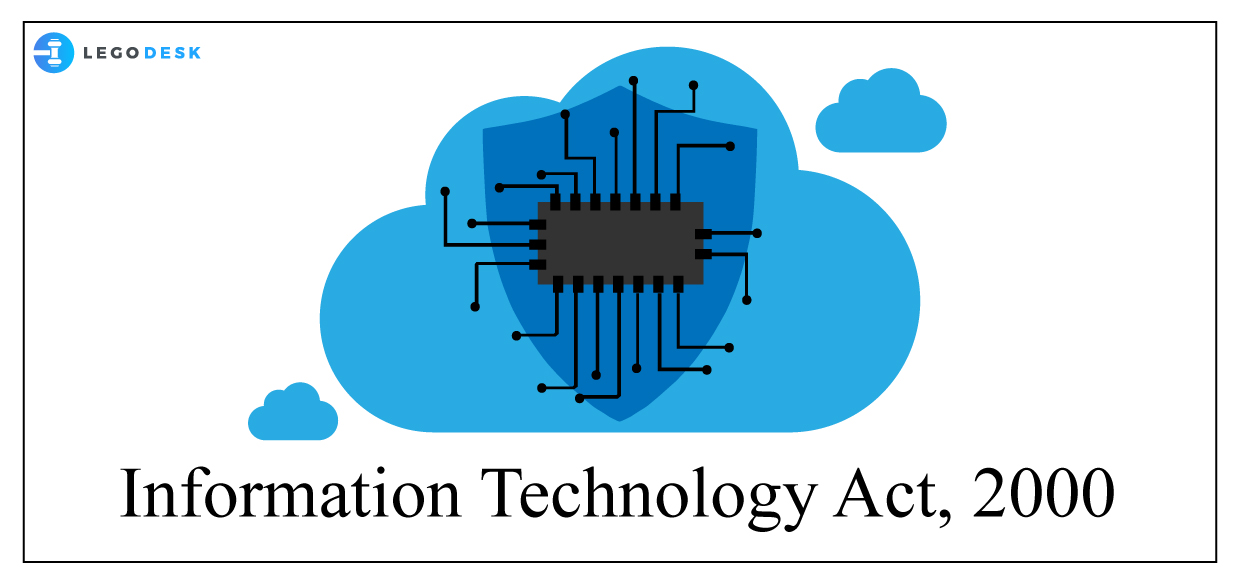Information Technology Act, 2000

The Information Technology (IT) Act, 2000 is the key legislation in India that provides a legal framework for electronic transactions, cybercrime, data security, and digital governance. The Act was introduced to promote and regulate electronic commerce while ensuring cybersecurity. It was later amended in 2008 to address emerging cyber threats and data privacy concerns.
Objectives of the IT Act, 2000
The primary objectives of the IT Act, 2000 are:
1. Legal Recognition for Electronic Transactions
- Before the IT Act, there was no legal recognition of electronic transactions in India.
- The Act ensures that digital records and electronic contracts are legally valid.
- Digital signatures are given the same status as handwritten signatures for authentication purposes.
2. Facilitating E-Governance
- Government agencies are allowed to use electronic means for official communication.
- Citizens can submit digital documents and signatures for various official purposes.
3. Preventing Cybercrime
- The IT Act defines and penalizes cyber offenses such as hacking, identity theft, and data breaches.
- It provides legal remedies for victims of cyber fraud and unauthorized access to personal information.
4. Data Security and Privacy
- The Act establishes measures for protecting sensitive data and preventing unauthorized use.
- Companies handling user data are required to implement security safeguards.
5. Regulating Cyber Activities
- The Act provides rules for conducting business and trade through digital means.
- Establishes the role of intermediaries like ISPs, social media platforms, and search engines.
6. Promoting the Digital Economy
- The Act encourages businesses and individuals to adopt electronic commerce.
- Enables paperless banking, digital contracts, and online tax filings.
